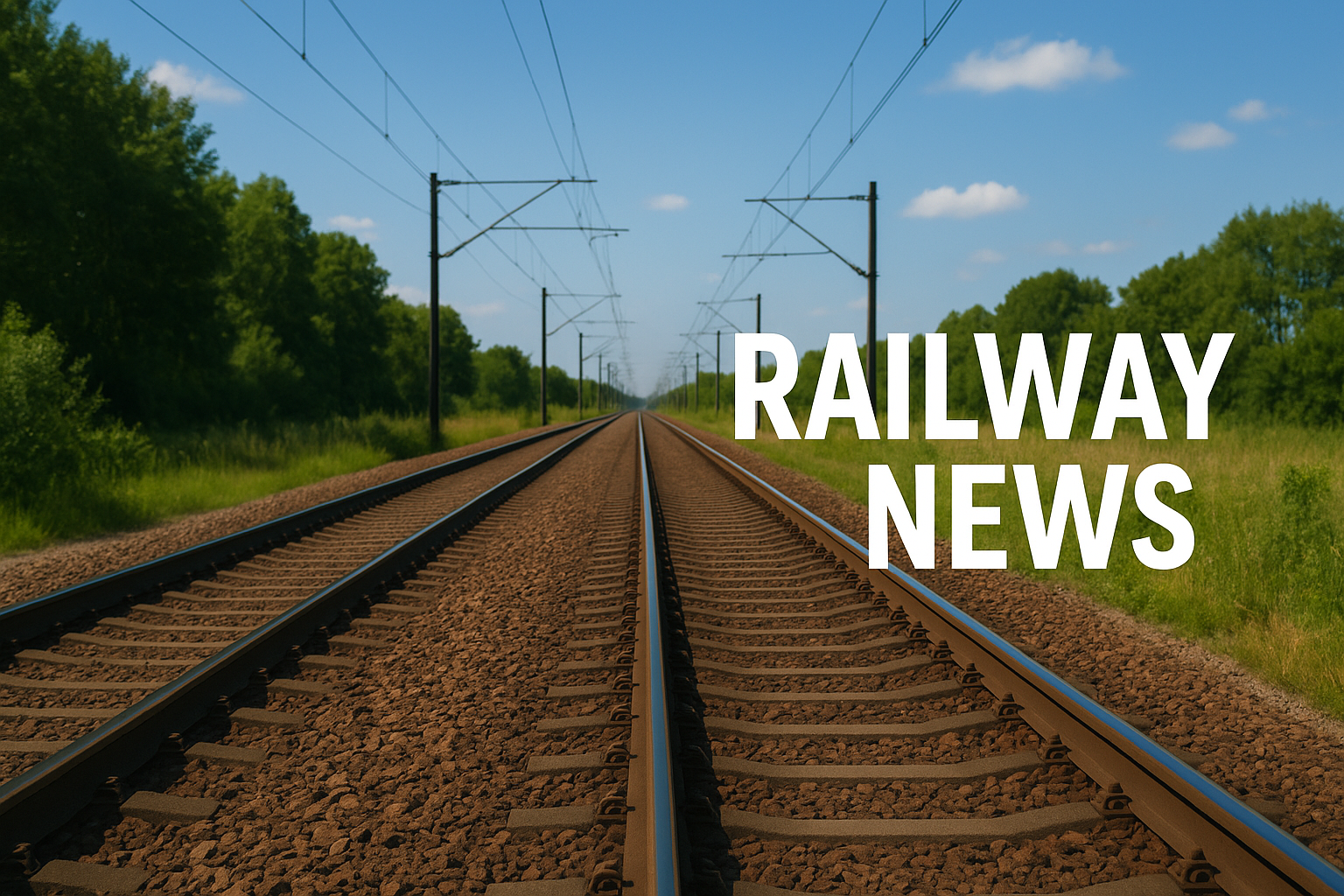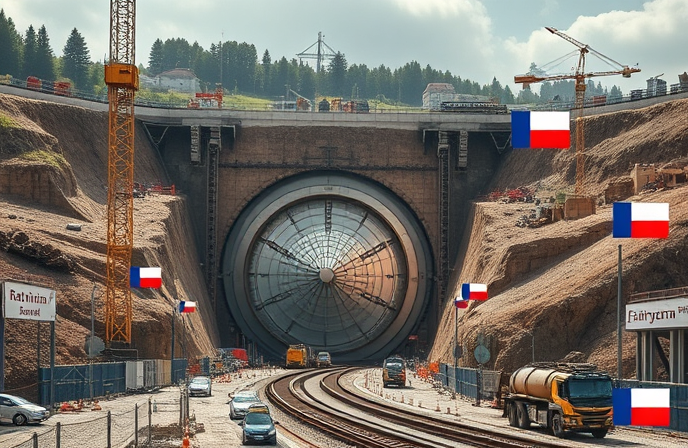Italy Rail: EUR 2.1B Infrastructure Upgrade & Sustainable Mobility
Italy invests €2.1B to overhaul its railway infrastructure, boosting efficiency and reliability.

Italy to Inject EUR 2.1 Billion into Rail Infrastructure Overhaul
Italy’s railway network is poised for a significant upgrade, with a EUR 2.1 billion investment set to revitalize the nation’s rail infrastructure. This ambitious undertaking, announced through the third supplementary update to the 2022–2026 Programme Contract, represents a concerted effort to modernize and improve the efficiency of the country’s rail services. The agreement, signed by the Italian Ministry of Infrastructure and Transport (MIT) and Rete Ferroviaria Italiana (RFI), a subsidiary of the FS Italiane Group, covers the years 2025 and 2026. This strategic investment addresses crucial maintenance needs and strengthens operational capabilities, ultimately aiming to deliver a more reliable and sustainable transportation solution for citizens. The core objective is to enhance infrastructure reliability and advance sustainable mobility initiatives.
Financial Allocation and Scope
The substantial EUR 2.1 billion investment is strategically allocated to address the multifaceted needs of Italy’s rail network. A considerable portion, approximately EUR 1.6 billion, is earmarked for extensive extraordinary maintenance works. These critical interventions will focus on upgrading existing infrastructure, enhancing track conditions, and addressing other essential repairs across the national railway system. The remaining EUR 500 million will be channeled into the operational management of Italy’s national rail infrastructure. This portion encompasses activities such as signal system maintenance, station upkeep, and other operational necessities. The funding demonstrates a comprehensive approach, recognizing that a robust railway system depends on both ongoing maintenance and effective operational management.
Impact of Economic Factors and Expansion of Activities
The contract’s revision reflects a responsive approach to prevailing economic realities and operational developments. The update was approved following a positive review by the Interministerial Committee for Economic Planning and Sustainable Development (CIPESS). A primary driver for the adjustments has been the impact of inflation and increasing costs for materials and supplies. Moreover, there is a growing need to expand extraordinary maintenance activities, especially at railway stations. This necessitates enhanced resources to maintain a high standard of safety and service quality. This proactive response highlights the commitment of both MIT and RFI to provide adequate funding in a shifting economic environment to maintain efficient and safe railway services.
Workforce Strengthening and Network Maintenance
A key element of the updated contract involves strengthening RFI’s workforce. The plan introduces an ongoing recruitment initiative, targeting personnel specifically for maintenance operations. This strategy is critical to bolster the operational capacity across the entire network. This commitment recognizes that a skilled and adequately staffed workforce is essential for efficient maintenance practices, ensuring the long-term durability and dependability of the rail infrastructure. Furthermore, increased staffing will enhance RFI’s ability to swiftly address any operational issues, minimizing disruptions and enhancing passenger experience.
Commitment to Modernization and Future Goals
The joint statement released by MIT and RFI underscores their shared commitment to enhancing the maintenance and operational management of Italy’s rail infrastructure. The emphasis on infrastructure modernization is central to the broader objective of improving service quality, delivering a better transport experience, and contributing to sustainability objectives. RFI’s dedication to modernizing the national railway system is echoed across the industry, which aims to improve service quality and enhance transport conditions across the country. The goal of improving the rail experience is not only about better transport, it directly supports the Italian government’s commitment to sustainable mobility and aligns with the strategic focus on reducing carbon emissions from the transport sector.
Conclusion
The EUR 2.1 billion investment in Italy’s rail infrastructure represents a crucial step towards a modernized and efficient railway network. This significant financial commitment, underpinned by strategic planning and workforce development, addresses critical maintenance needs and operational enhancements. The adjustments made to the contract reflect the dynamic economic landscape, prioritizing both immediate requirements, and long-term sustainability. For the rail industry, this investment signifies a proactive approach to addressing infrastructure demands, creating a positive cycle of continuous improvement. As Italy looks ahead, these improvements aim to facilitate improved passenger services, lower operating costs and enhance overall railway performance. The long-term implications of this investment extend beyond improved infrastructure, enhancing rail’s competitiveness, encouraging sustainable transportation, and contributing to broader environmental goals.
Company Summary
FS Italiane Group is the parent company of Rete Ferroviaria Italiana (RFI), the Italian railway infrastructure manager. RFI is responsible for the maintenance, development, and operation of Italy’s national railway network. The company plays a vital role in the country’s transportation system, managing over 16,800 kilometers of railway lines, including high-speed rail routes. Their key functions include the design and construction of new infrastructure, and the day-to-day operation and safety of the national railway system. FS Italiane and RFI are key contributors to Italy’s efforts to enhance rail transport, improve passenger experiences, and advance sustainable mobility.




